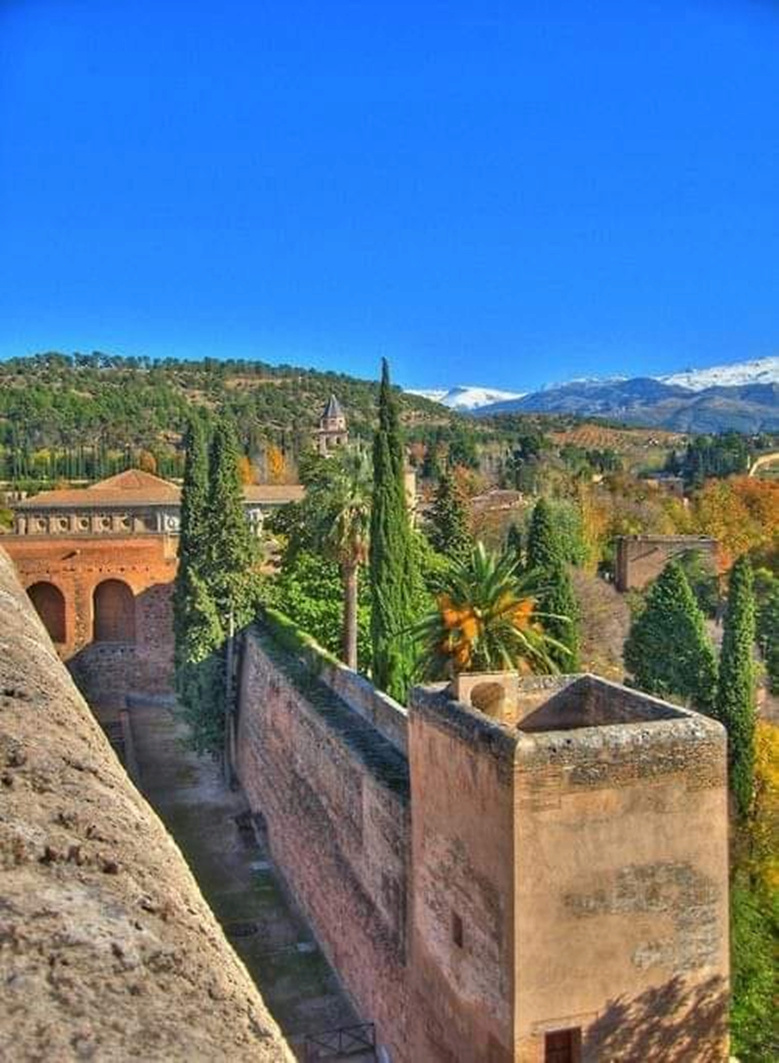kula albira

The kula albira was a gift from the Umayyad Caliph Al-Musta’in Billah to the Banu Ziri Al-Sanhaji tribes, who helped him reach the throne during the strife of the Caliphate in Shawwal in the year 403 AH.
The Banu Ziri found that El Birah, in the strife between the Arabs and the Amazighs, was a difficult site to defend, so they began to define and build the city of Granada, and its first foundation was at the hands of the Zirids.
Zawi bin Ziri bin Manad Al-Sanhaji was the first of its kings during the time of the Taifas, and he made it the capital of his kingdom, but his rule over it did not last long because he saw that Andalusia was a land of constant fighting, and that if he held out with his army one day, he would be defeated another time, so he crossed the sea heading to his people’s country in Africa in the year 409 AH. Where he was received in its land by his cousin Al-Mu'izz ibn Badis, the ruler of Kairouan. Before his departure, Zawi had appointed his nephew Habus bin Maksen bin Ziri as ruler over Granada, who completed its construction, built its palace, and fortified its walls. Then he was succeeded by Badis bin Habus, who increased its architecture and it was completed during his reign. Granada became a large, round city, people moved to it, and joined the famous cities of Andalusia. Then its authority passed to the Almoravids, then to the Almohads, until its status finally devolved into the state of the Banu al-Ahmar, which ended in their reign with the fall.
The Zirid Kingdom of Granada radiated literature, science, and culture, and witnessed an economic and commercial movement that was rarely matched. This was aided by the human wealth that it included from different races, led by Berbers, Arabs, mestizos, Jews, Arabists, the Negro sect, and the Saqlabi sect, in addition to the material wealth from the abundance of precious metals, the important geographical location, and agricultural land. Its fertility made it a force to be reckoned with among the kingdoms. Despite the prosperity that characterized this period, the ruling families were pressuring the people with taxes under the pretext of war against the enemy, while they kept their money in their palaces. Therefore, most Andalusians rejoiced at the arrival of the Almoravids, who overthrew Granada the Zirids during the reign of its last king, Abdullah bin Balqin.
In this regard, Ibn al-Khatib mentions in his book “Al-Ihata fi Akhbar Granada” that when the Almoravids entered Granada, they found the wealth of the Banu Ziri beyond words to describe: “I investigated what was in the palace, and what appeared that would divert the viewer and horrify the mind was the jewels, ammunition, jewelry, precious gems, ruby stones, and reeds.” Emeralds, gold and silver vessels, elaborate crystal dishes... and Iraqis, fine clothes, patterns, crowns, and curtains.”
Source: websites

